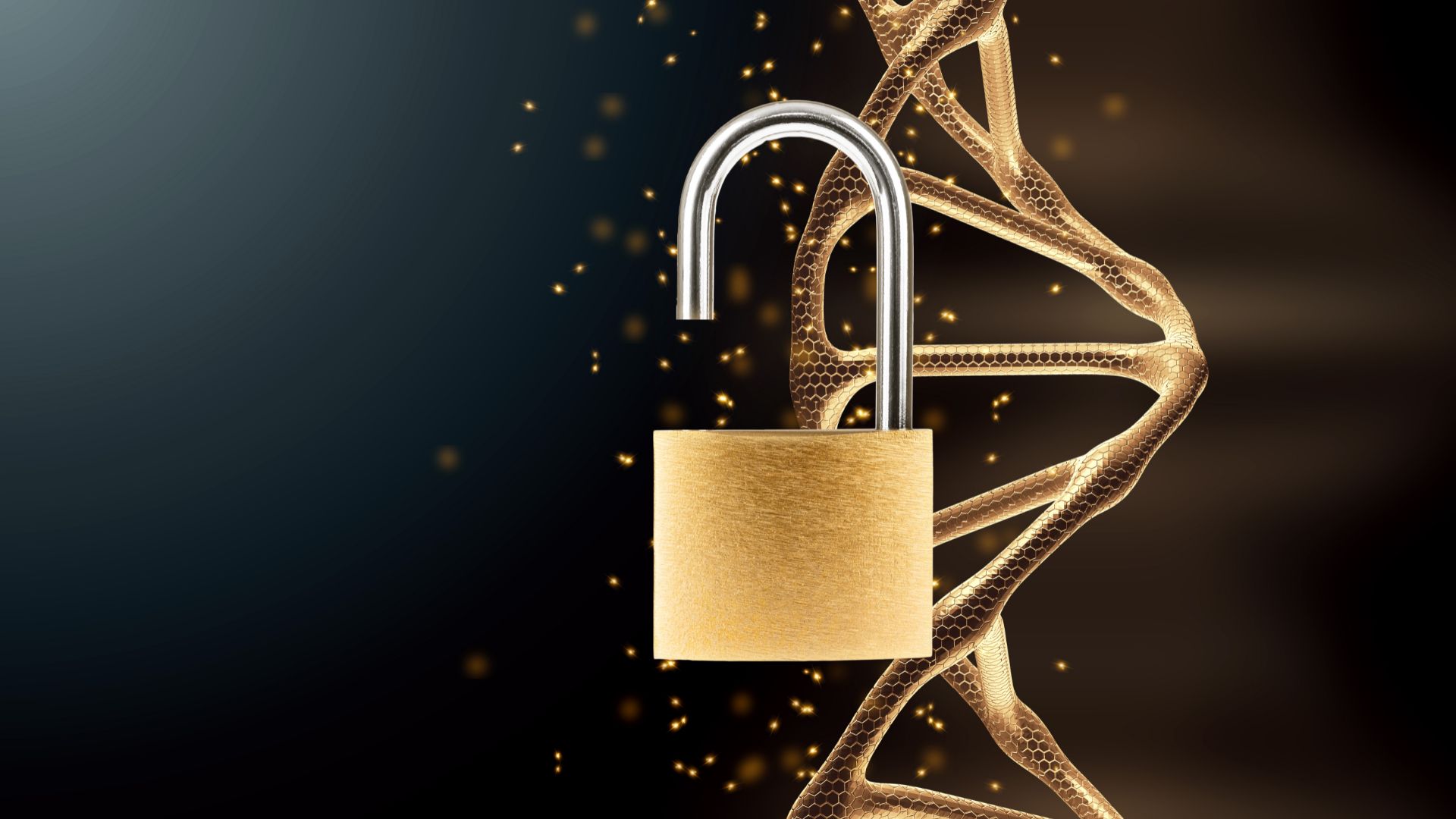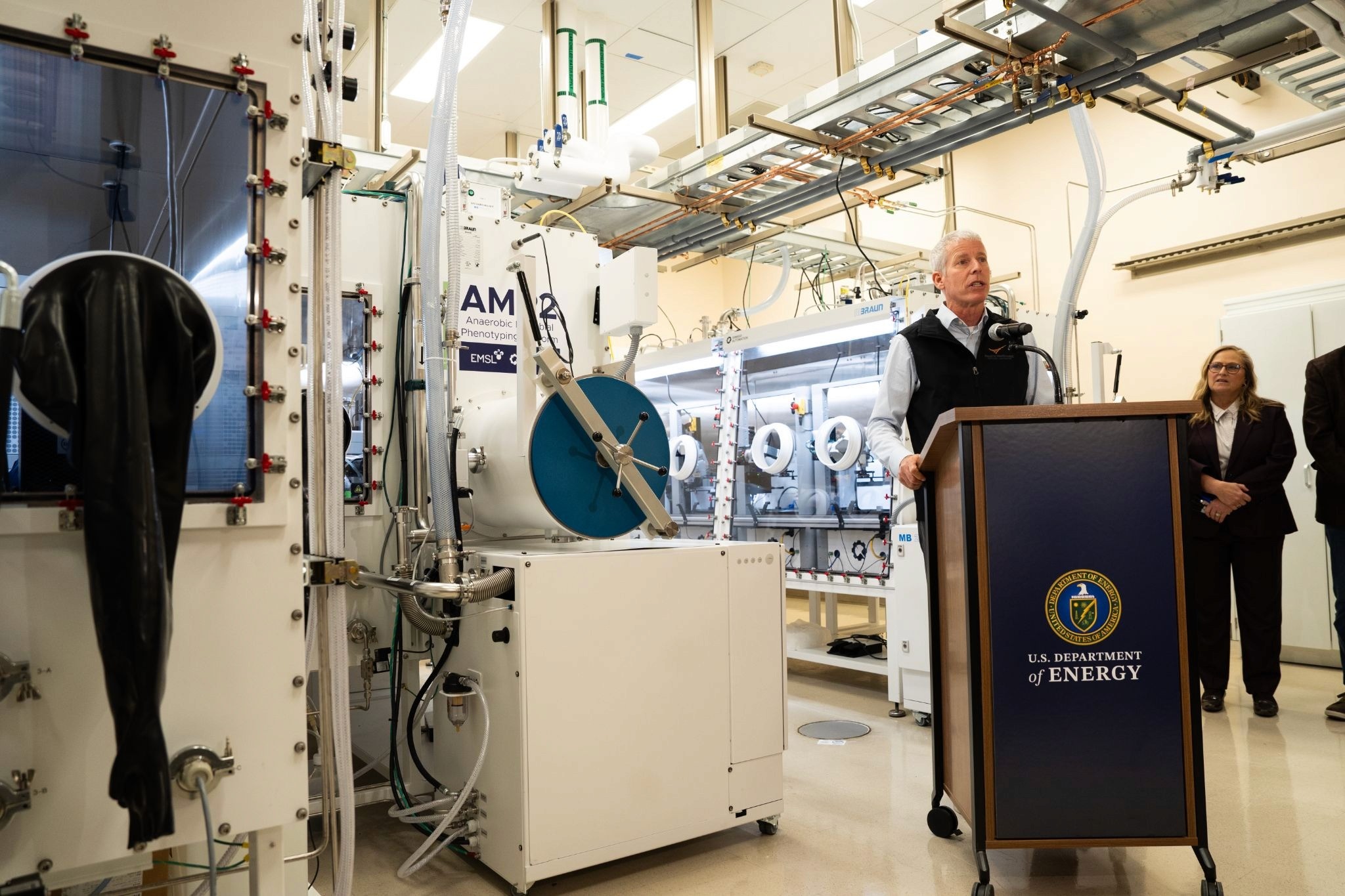In a Win for Biosecurity, Aclid Secures $3.3M in Seed Funding
Championing the future of bioeconomy, Aclid creates a security and compliance automation platform for gene and oligo synthesis providers
Oct 12, 2023
Marharyta Marko (Canva)
In the bustling world of biotechnology, a new player is making waves. Aclid, a platform designed to automate security and compliance for the biotech industry, has just announced a successful seed financing round, raking in a whopping $3.3 million. The demand for Aclid's real-time screening and verification platform is palpable, and this funding will help them meet it head-on.
Behind this financial boost are 2048 Ventures and IA Ventures, who see the potential in Aclid's mission.
Kevin Flyangolts, the visionary CEO and founder of Aclid, paints a vivid picture of the industry's past struggles. "Imagine a world where DNA synthesis providers are bogged down by tedious, error-riddled, and costly manual methods for biosecurity and compliance," he muses. "That was our reality. But with Aclid, we've introduced an automated solution that's not only easy to implement but also keeps security teams laser-focused on pressing risks."
Flyangolts continues, his excitement palpable, "Our partners in gene synthesis are already reaping the benefits, spending less time on order reviews and compliance management. And with the backing of 2048 Ventures, IA Ventures, and our trusted advisors, we're poised to fortify the very foundation of the bioeconomy."
Julie Wolf, PhD, a principal at 2048 Ventures, echoes this sentiment. "The DNA synthesis landscape is evolving at breakneck speed, moving towards a decentralized future. It's a thrilling journey towards harnessing biology for a brighter tomorrow. But as we forge ahead, we must ensure that this pivotal technology remains a force for good. That's where Aclid comes in, safeguarding the bioeconomy's growth."
A Legislative Push for Biosecurity
This July, the legislative spotlight shone on gene synthesis. Senator Ed Markey and Representative Anna Eshoo championed the Securing Gene Synthesis Act, urging DNA synthesis providers to adhere to stringent screening protocols.
In a parallel move, the Department of Health and Human Services is revisiting its 2010 guidelines, expanding its scope to include oligonucleotides and essential gene synthesis equipment.
Harris Wang, PhD, Aclid's Scientific Founder, reflects on the journey. "It's been 13 years since the first DNA screening guidelines were introduced. The stakes have never been higher for the gene synthesis sector," he says. "Aclid's automation simplifies the most arduous tasks, ensuring providers remain compliant without breaking a sweat."
At the heart of Aclid are its founders, Columbia University's Systems Biology Professor Harris Wang, PhD, and Kevin Flyangolts. Their combined expertise in synthetic biology and engineering birthed Aclid's mission: to make genetic engineering not just efficient but safe.


















